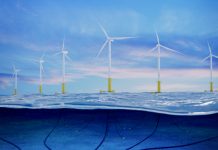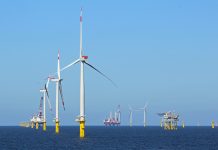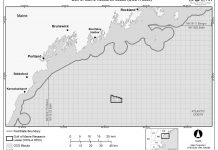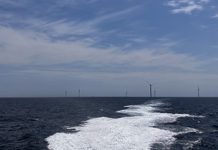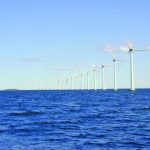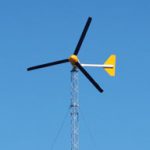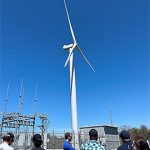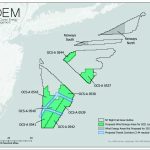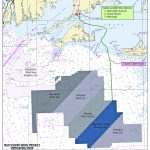New offshore wind hydrogen proposals in Germany and Netherlands expand the revenue potential for offshore wind and deployment learnings will lower hydrogen production costs toward natural gas reforming levels, project participants told New Energy Update.
Europe’s leading offshore wind developers are looking to hydrogen production through electrolysis as a way to expand wind power potential and accelerate the decarbonization of energy supply.
In March, Denmark’s Ørsted announced it is developing green hydrogen projects as part of its bid for the Holland Coast South 3&4 projects in the Netherlands. Ørsted is the world’s largest offshore wind developer by capacity and plans to increase its installed capacity from 5.6 GW to 15 GW by 2025.
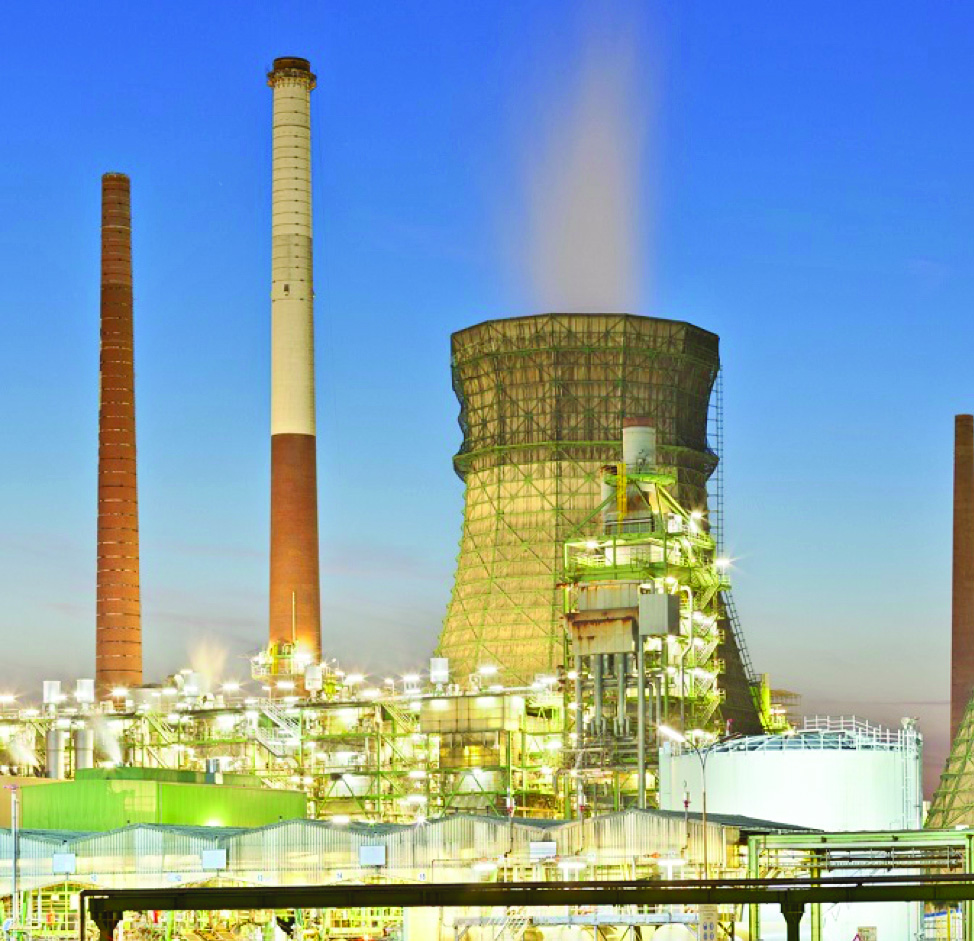
Recent offshore wind tenders have produced zero-subsidy bids, exposing winning developers to wholesale market risks. Ørsted wants to use power from the Holland Coast South 3&4 wind farms to produce hydrogen, which would be sold to industrial customers to provide additional revenue to the operator.
Hydrogen production can help mitigate grid capacity limitations restricting offshore wind-power expansion in many parts of Europe.
Shell, Siemens, and grid operator TenneT recently joined forces to propose new joint offshore wind power and hydrogen tenders in Germany.
The tenders, drawn up by E-Bridge Consulting, could support the installation of 900 MW of wind capacity and 800 MW of hydrogen capacity per tender, in offshore sites not used for regular wind projects, the partners said. Tenders could be held every two years from 2021-2022 and project construction could start in 2026-2030.
Investors in the projects would receive a tariff premium for hydrogen production while electricity revenues would be market-based, Vigen Nikogosian, principal consultant at E-Bridge Consulting told New Energy Update.
As more hydrogen production capacity is deployed, this tariff price would fall, Nikogosian said.
More info newenergyupdate.com



